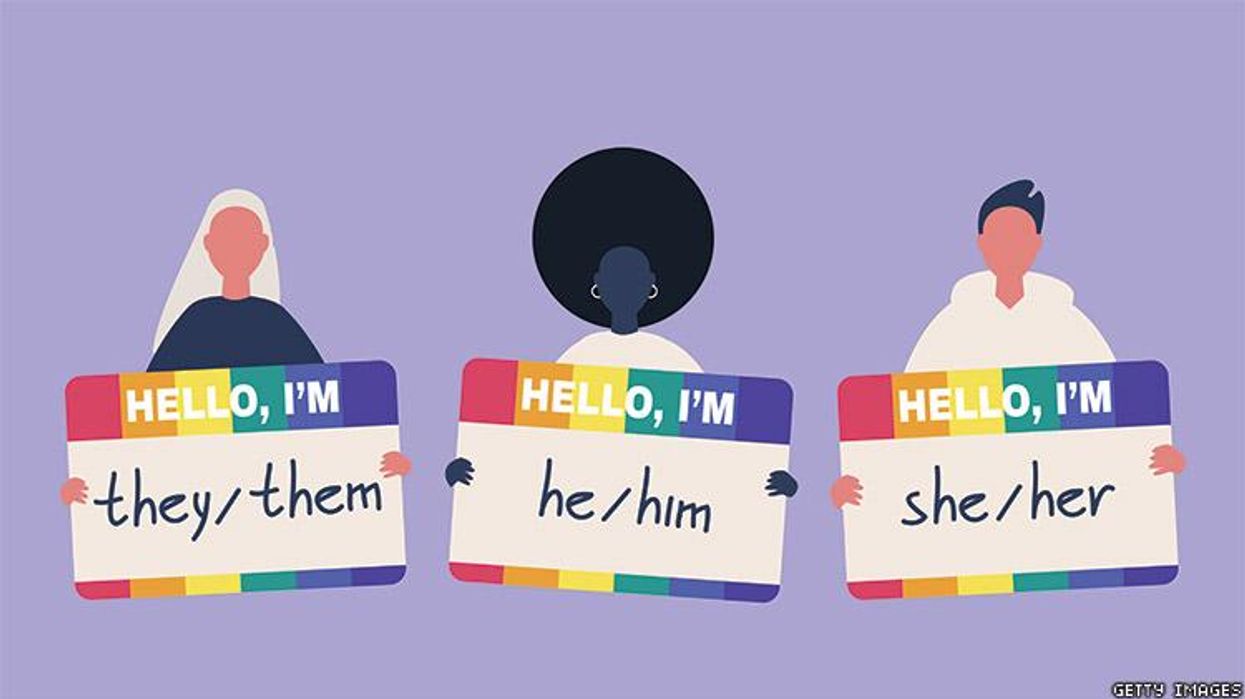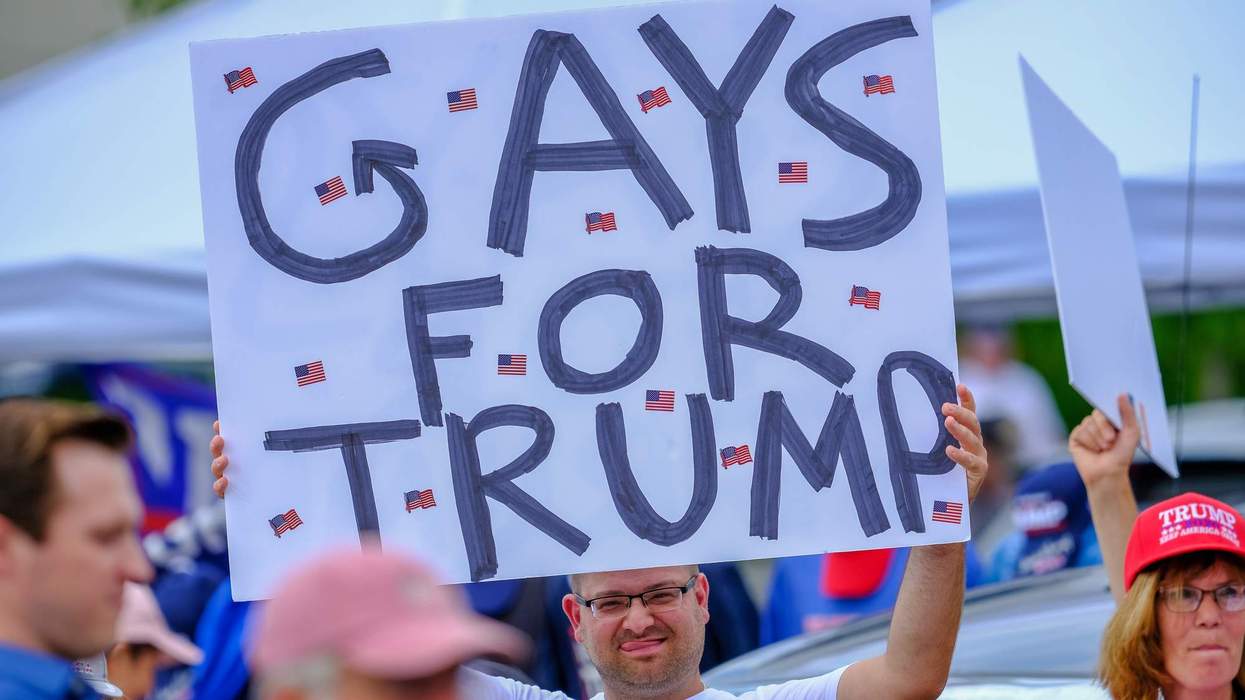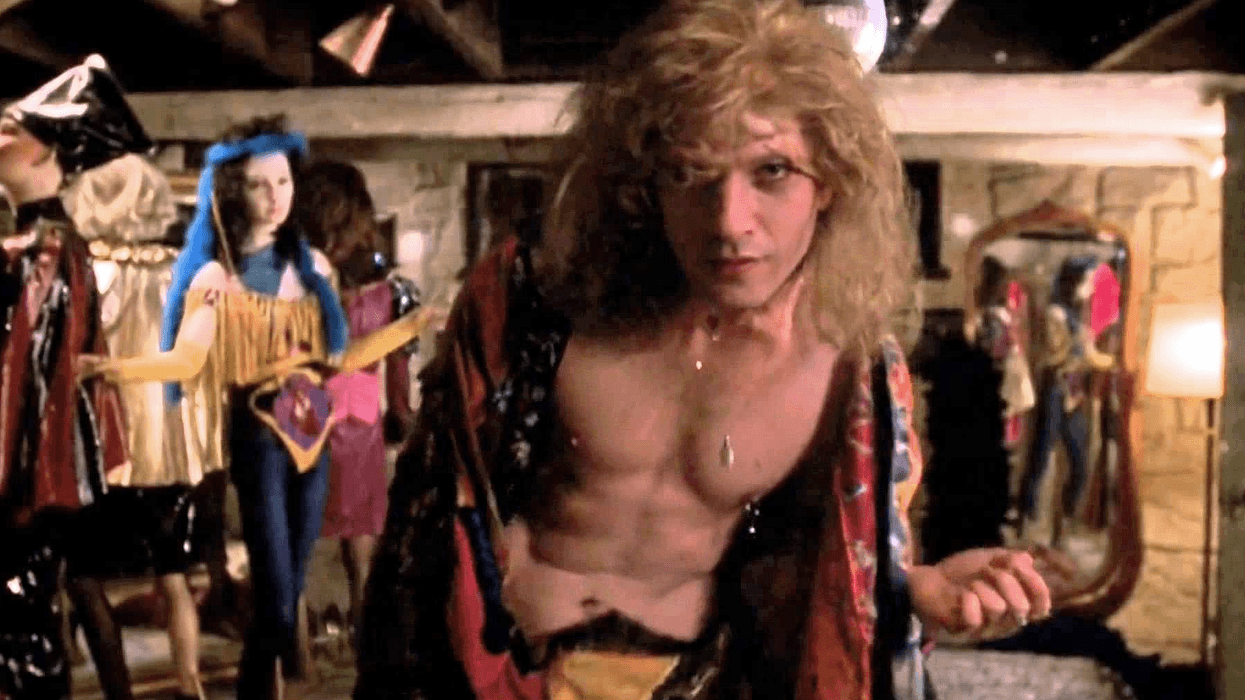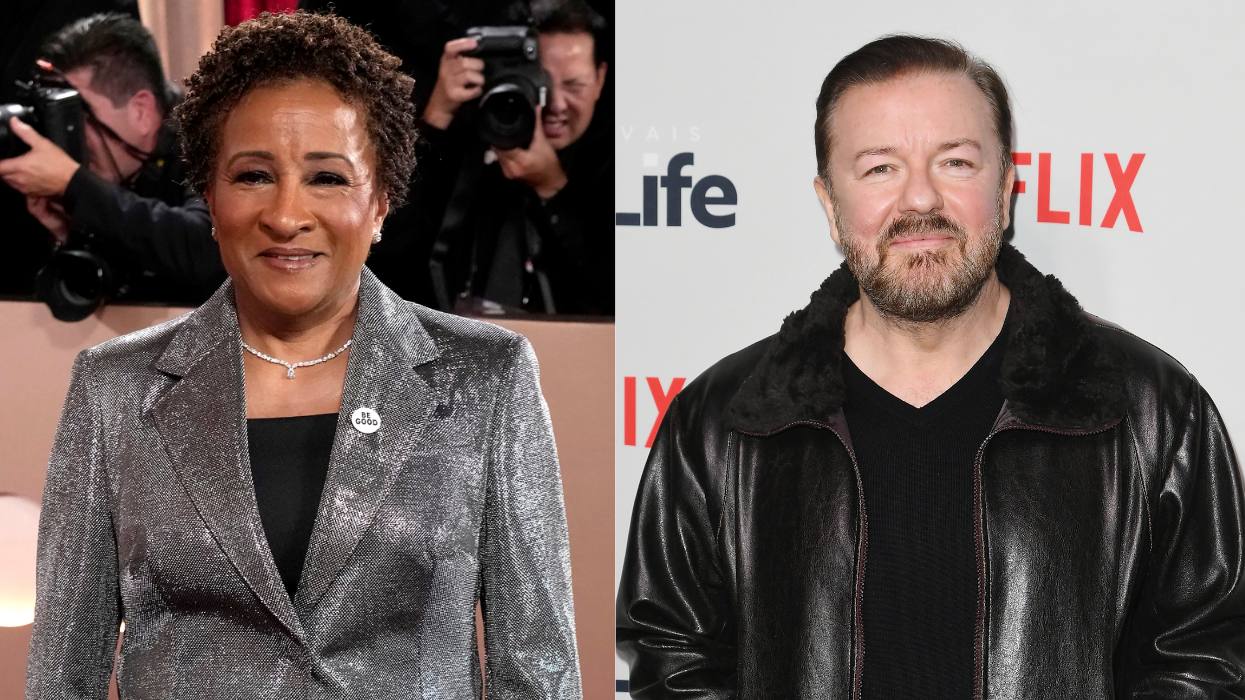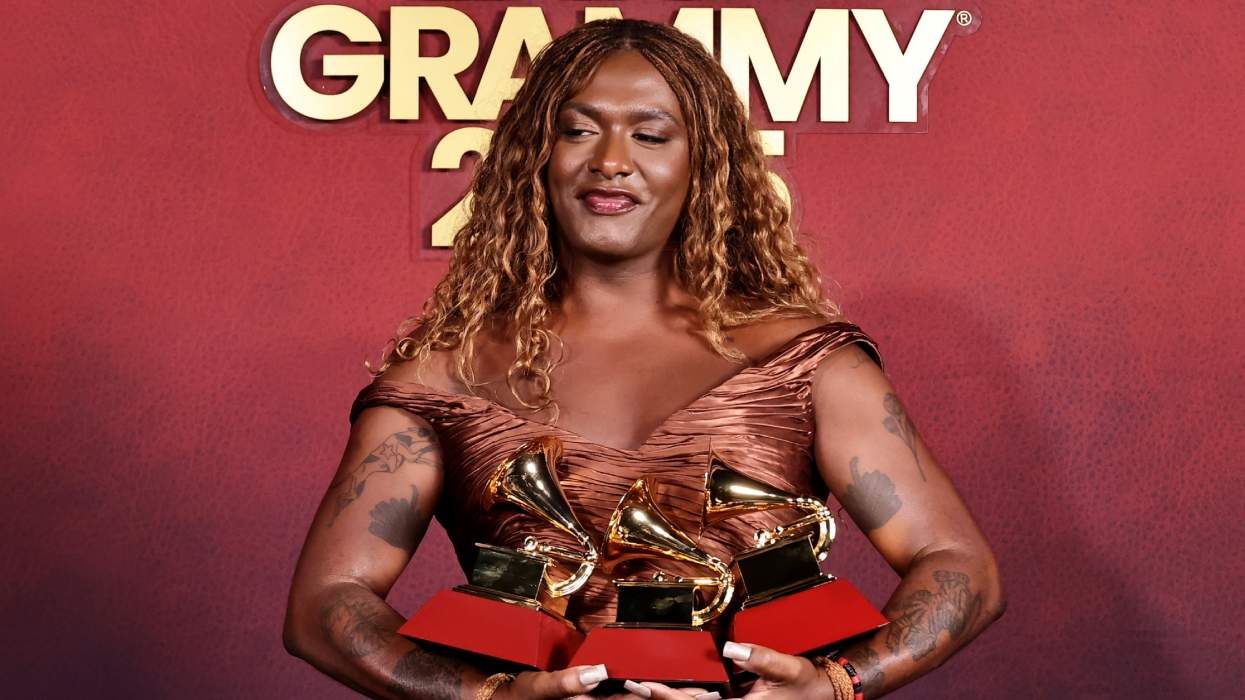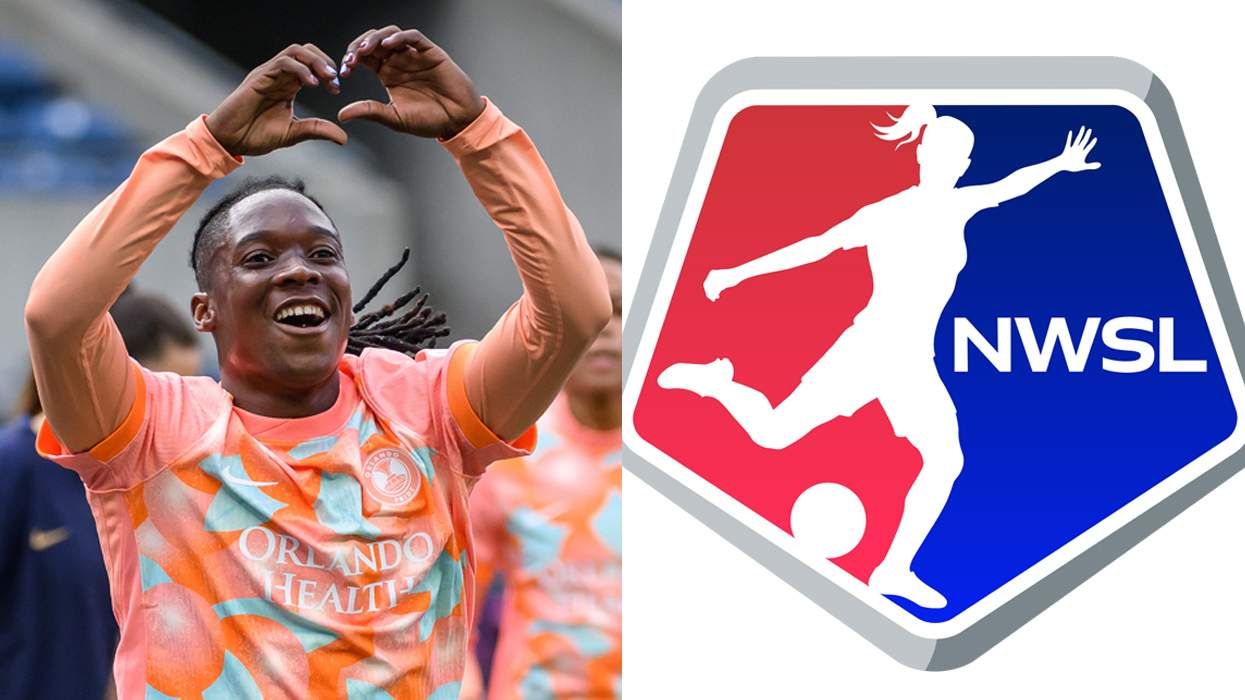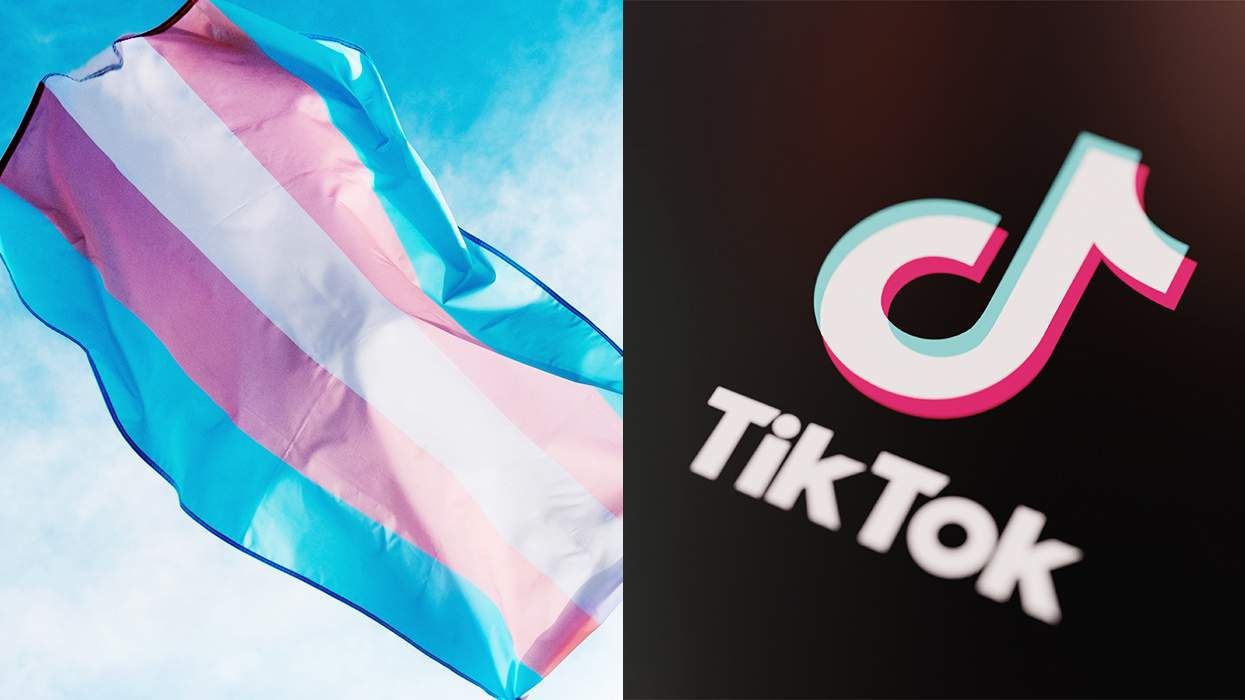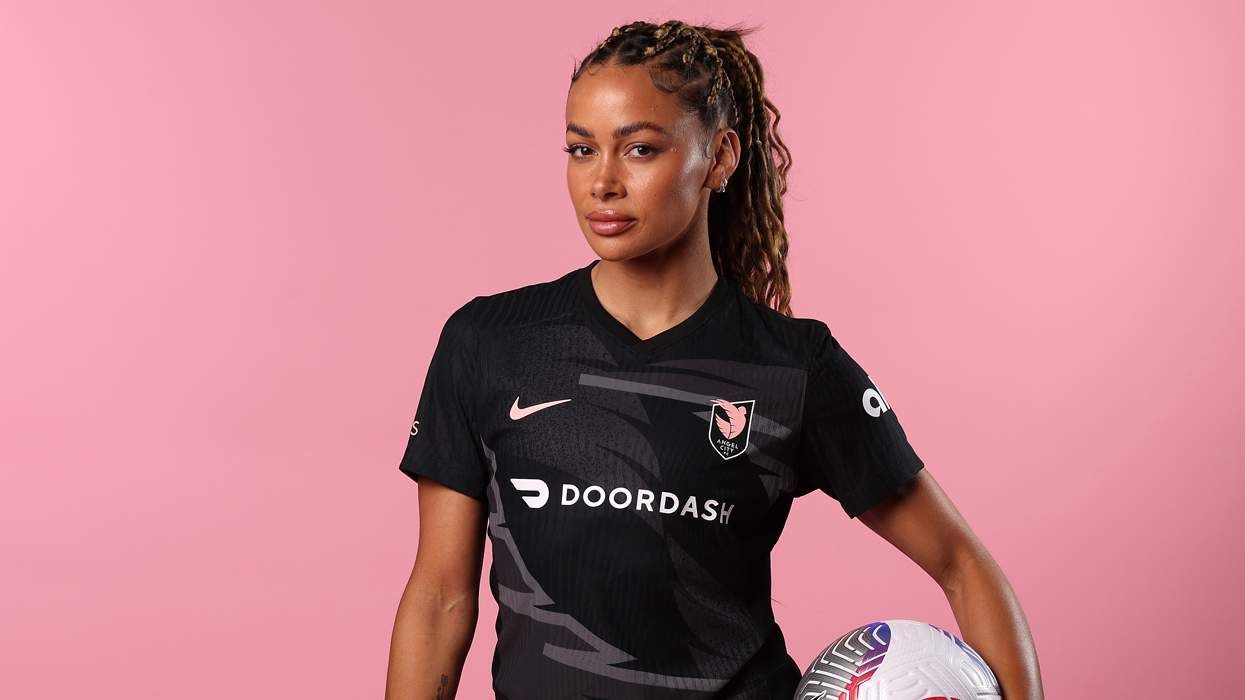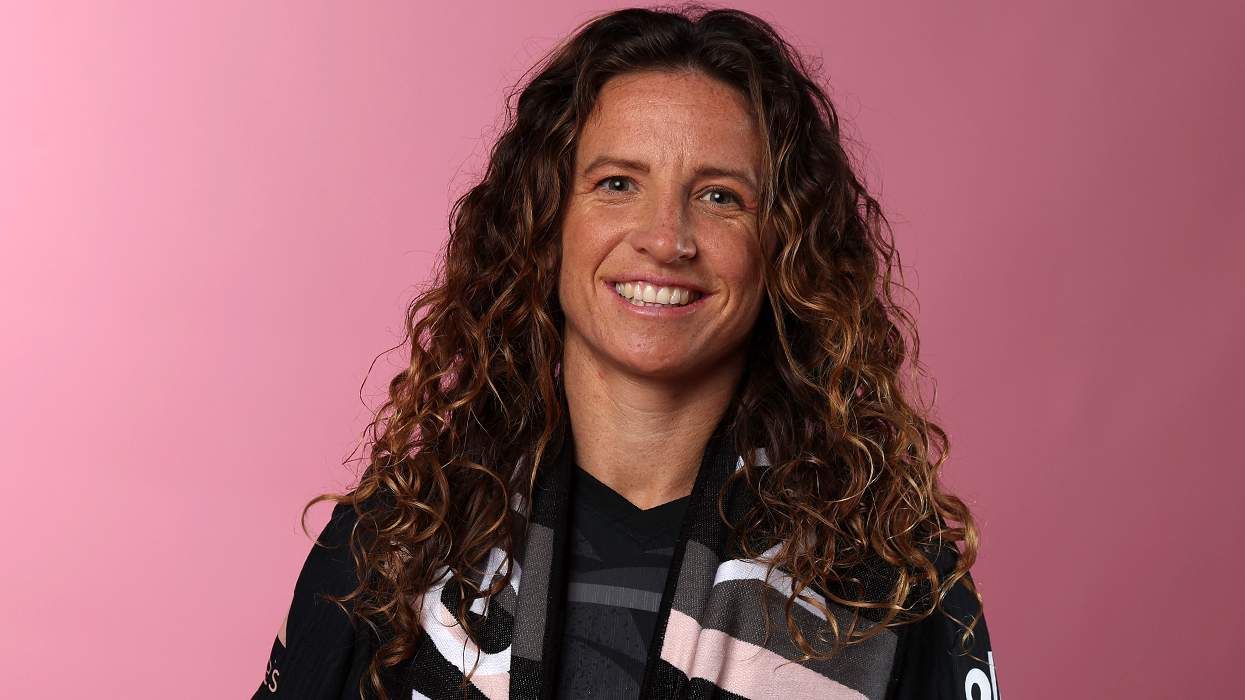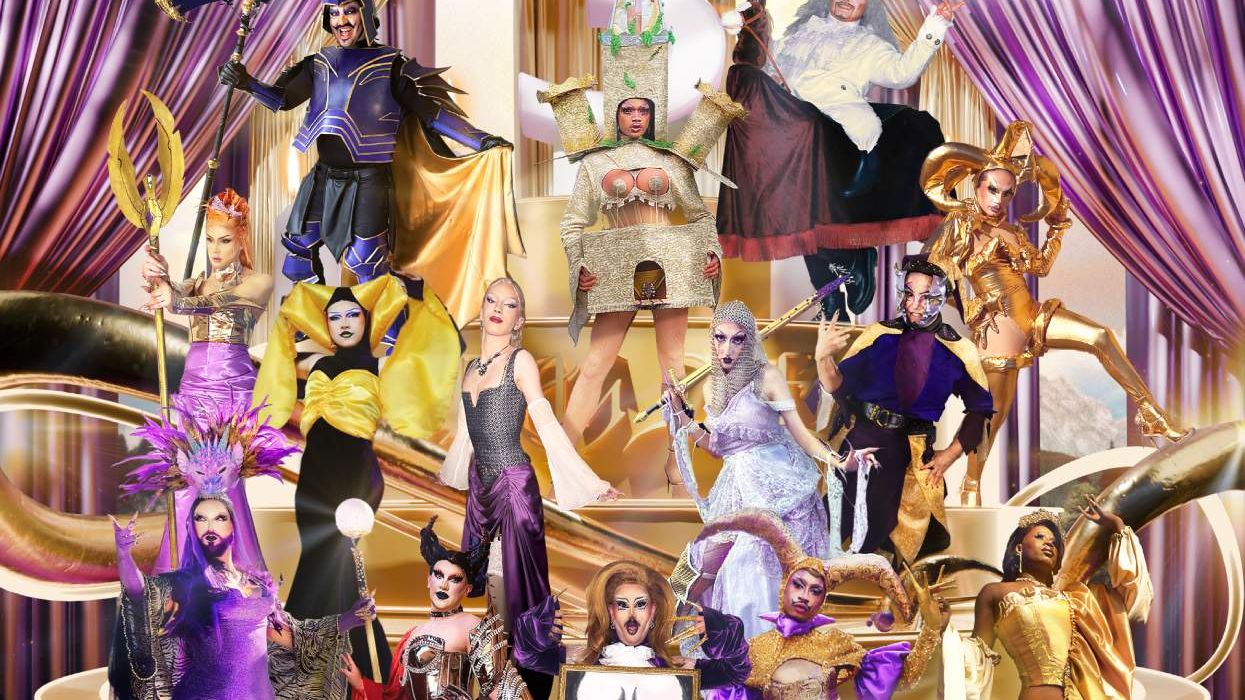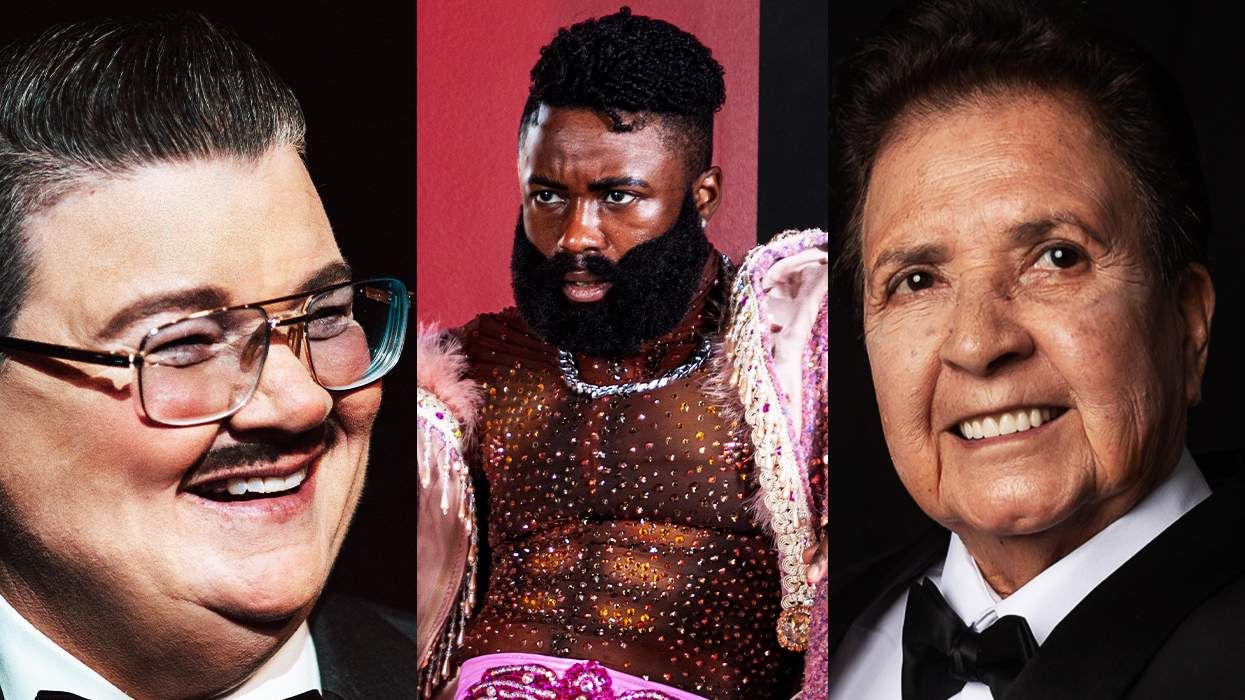For the International Transgender Day of Visibility, The Travor Project has released its first-ever Guide to Being an Ally to Transgender and Nonbinary Youth. The resource covers everything from the differencebtween sex and gender, to forms of address that show respect, and common mistakes. "On Trans Day of Visibility (and every day), we must celebrate the trans community and recommit to the work that needs to be done to end discrimination once and for all," Sam Brinton, the head of advocacy and government affairs at The Trevor Project said in a statement. "In the face of constant attacks, our trans community remains as resilient as ever. But it can also be tough for trans people to bear the burden of educating others about their lived experiences. This handbook will help allies begin their education on the basics of gender to help increase public understanding and foster the creation of a safer, kinder, and more accepting world for all."
Below is an excerpt from the guide titled "What to Do I You've Offended Someone." Access the whole pamphlet here.
While we rarely intend to hurt others, common mistakes such as forgetting a person's pronouns, using their birth name instead of their chosen name, or misgendering a person can hurt feelings or even put another person's safety at risk. In these moments, it's good to have a roadmap for how to make things right. We recommend the three simple steps of listening, being accountable, and doing better next time.
1. Listen
Unfortunately, it's common to avoid listening to those we've hurt whether intentional or not, as it inspires uncomfortable feelings of guilt and shame. Stay in your discomfort and be willing to listen, because this is how we can grow.
Seek to understand and empathize with the other person's lived experience.
2. Be Accountable
Take responsibility for your actions, privileges, and experiences that you hold which could contribute to your biases. Don't dismiss what the person is sharing with you, justify your behavior, or defend your intentions. It isn't helpful to the people who have been hurt, and it shifts the focus away from the people who have been harmed and onto your personal feelings of guilt, shame, or defensiveness.
Remember, intention is not impact. The best apology is one that doesn't make excuses or invalidate the other person's feelings.
3. Commit To Do Better
Treat it as a learning experience. The most authentic apology is meaningless if there is no change or if the behavior is repeated consistently in the future.
Show you care by doing better next time.


